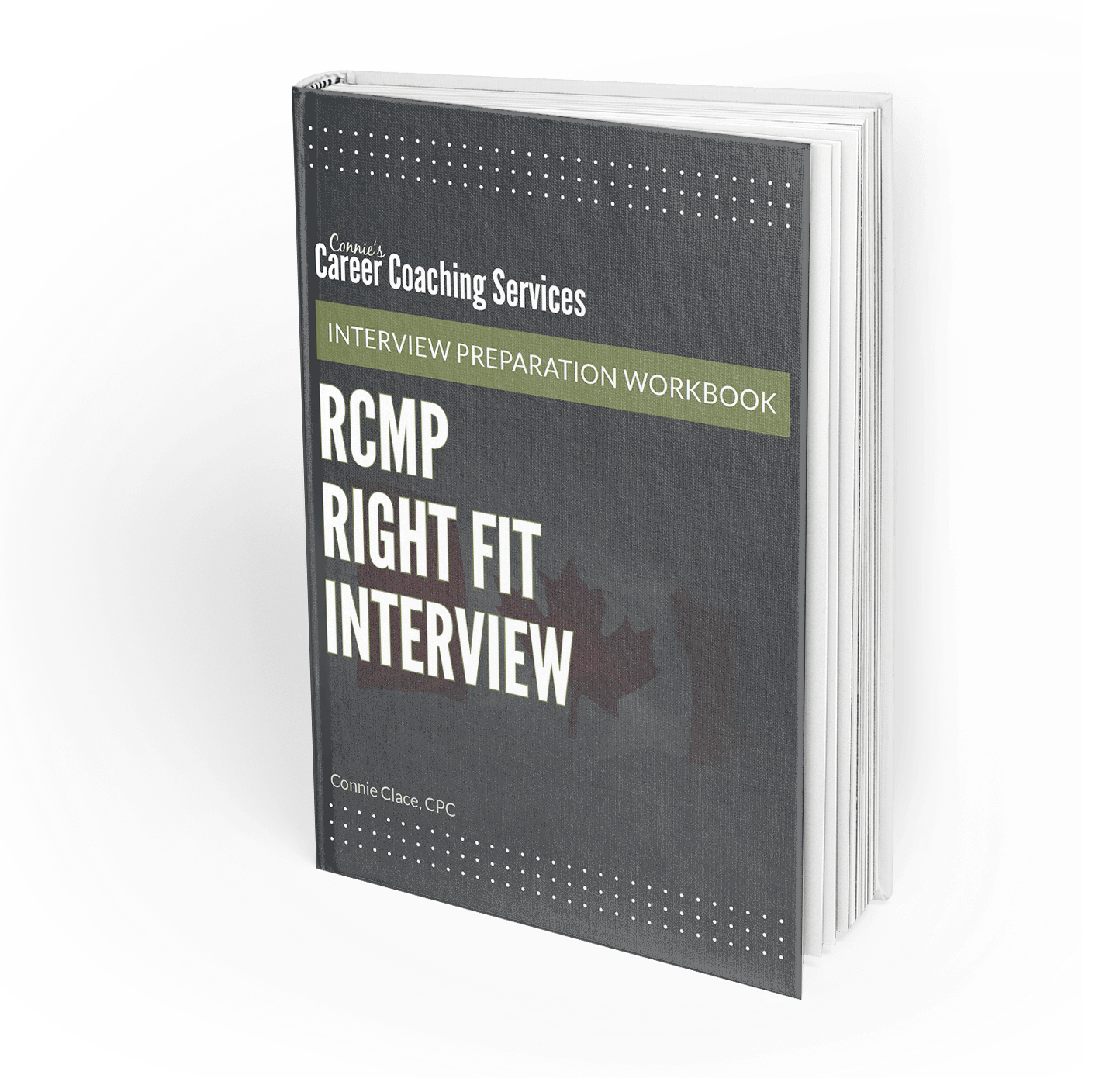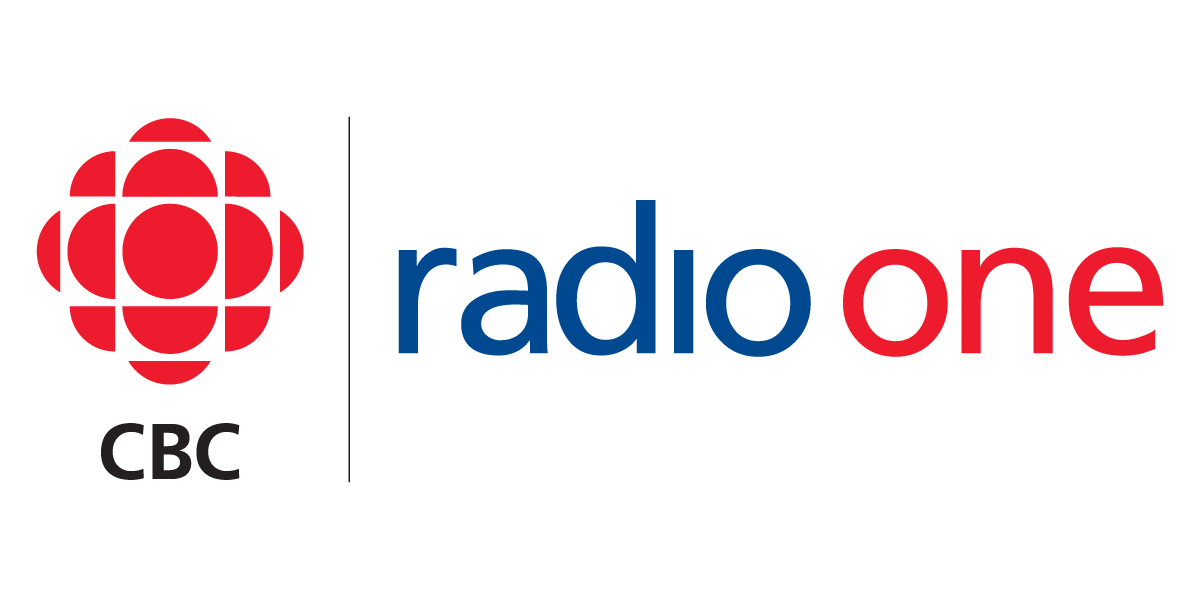Do you have strong communication skills? Like anything else, in order to be good at something, you need to work at it. And strong communication skills are something that will benefit you in all aspects of your life. Whether you are communicating with family, friends, co-workers or clients, your communication skills will be the difference between developing good relationships or not.
But, they are also essential when participating in an interview. When you are invited to an interview, the interview board is trying to establish if you are the “right fit” for the position.
And how are you demonstrating that you are the right fit for the job? Communication.
What does it mean to be a good communicator and what are the things that you should focus on to ensure that you have good communication skills?
Tips for Developing Good Communication Skills
-
Listening
- Do you ever find yourself listening to someone speak and then suddenly realize you have no idea what they just said? It’s so easy to just drift off and start thinking about your next comment, Listening is more than just hearing. It requires full concentration, paying attention to not only the words the other person is saying, but also being aware of the tone of their voice, their facial expressions and body language.
-
Think before you speak
- Before you jump right into the conversation, take the time to think about what you’re going to say. We tend to do things so fast today, and move through things so quickly, that it’s sometimes difficult to slow it down a bit so you can consider and compose an appropriate response. However, taking a few seconds to organize your thoughts before vocalizing them can significantly improve your communication.
-
Ask for clarification
- If you’re not sure what’s being said, or what is expected from you in terms of a response, ask for clarification. It’s okay if you don’t understand something someone is trying to explain. But make sure you let the other person know that you have misunderstood their message. This will eliminate any confusion down the road.
-
Get feedback
- It’s important that you understand the person with whom you are speaking, however, it’s just as important that they understand you. Pay attention to non-verbal feedback, i.e. facial expressions and body language. Body language is an important part of the communication process. This can help you ensure the other person’s understanding of your message. If you have any sense that the listener doesn’t understand, provide clarification. If you simply ask “Does that make sense?” or “Do you understand what I’m saying?” you will give the other person an opportunity to express any questions he or she may have about your message.
So, those are a few things you can think about when assessing your own communication skills. But what does that have to do with an interview?
Well, what is the single most important thing you will be doing during the interview? Communicating. All of the above tips are crucial when participating in an interview. Let’s break it down.
Applying the Tips to the Interview
- Fully engaged listening is essential during an interview situation. If you aren’t listening to the questions, or only half listening, how can you possibly deliver a concise, clear response? But listening to and fully understanding the question will ensure you provide an answer that completely addresses what was asked.
- Taking time to think before you respond allows you to gather your thoughts, organize the information you wish to relay, and deliver it in a clear and concise manner. A lot of people feel the need to respond immediately once the interviewer has finished asking the question. However, I encourage you to take your time before responding. Not only will it ensure that your answer is well organized, but it will also send a message to the interview board that you are someone who wants to think things through before jumping in.
- Asking for clarification will ensure that the response that you deliver is actually addressing the question that is being asked. I can’t stress it enough. If you aren’t sure what the question is, ask for clarification.
- Getting feedback from the interview board during the interview will ensure that they have understood the message that you are trying to relay. Whether it be a competency based question or a conventional question, it is important that your message is clear and has been received.
As you can see, having strong communication skills is essential during an interview. If you’re not sure how your communication skills measure up, ask your supervisors, co-workers and friends for some constructive feedback. And if you feel that you would like to work on developing better skills, reach out to someone qualified to help you, or engage a Certified Professional Career Coach to help you hone those interview skills.


Leave a Reply